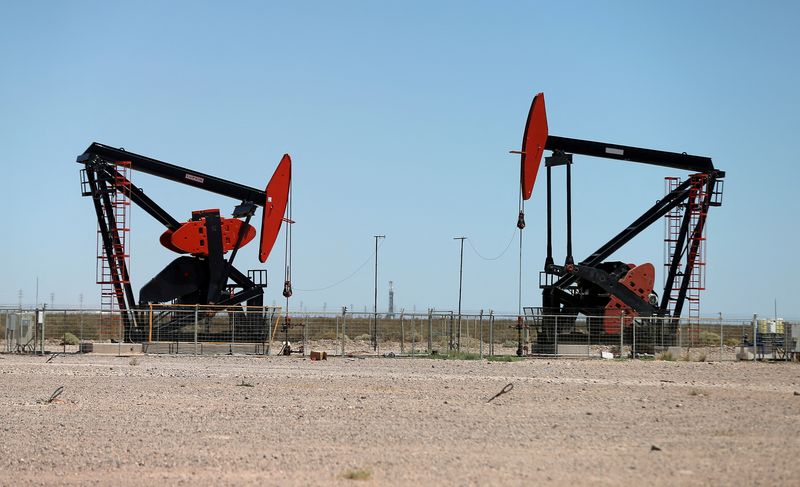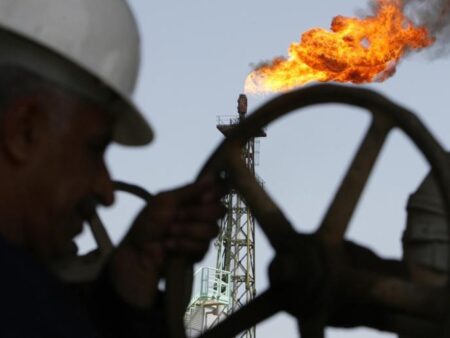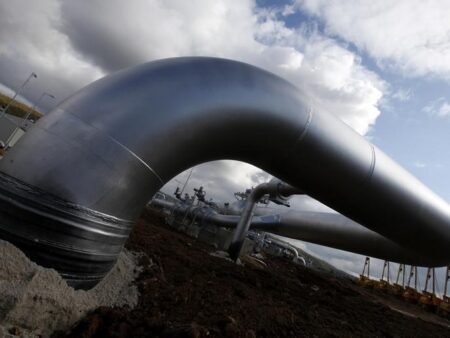By Anmol Choubey and Brijesh Patel
(Reuters) – Oil prices could stall in 2025 as economic weakness in China clouds the demand picture and ample global supplies outweigh support from an expected delay to a planned OPEC+ output hike, a Reuters monthly poll showed on Friday.
The survey of 41 economists and analysts predicted that would average $74.53 per barrel in 2025, down from a forecast of $76.61 in October.
That is the seventh straight downward revision in the 2025 consensus for the global benchmark, which has averaged $80 per barrel so far in 2024.
is projected to average $70.69 per barrel in 2025, below last month’s expectation of $72.73.
Sentiment among oil traders “has turned very negative due to concerns about the global economy, especially about China’s economy and demand growth, and concerns about OPEC+ being able to align supply with demand,” said Stratas Advisors President John Paisie.
Earlier this month OPEC lowered its forecast for global oil demand growth this year and next, highlighting weakness in China, India and other regions.
Oil demand in top consumer China is expected to increase modestly due to recent stimulus measures, but structural economic challenges and the rise of new energy vehicles may restrict growth, analysts say.
Global oil demand was seen growing by 1 million-1.5 million barrels per day in 2025, the poll showed.
The International Energy Agency, meanwhile, expects global oil supply to exceed demand in 2025 even if cuts remain in place from OPEC+, which includes the Organization of the Petroleum Exporting Countries and allies such as Russia.
“We expect OPEC+ to announce another three-month extension of the cuts until April 2025,” said Kim Fustier, head of European oil & gas Research at HSBC.
“We do not rule out OPEC+ postponing the output increases until later in the year, given oil prices in the low $70s/b.”
The group, which produces about half of the world’s oil, will meet on Dec. 5 to decide output policy for the early months of 2025.

Most of the poll respondents said lingering geopolitical tensions and any stricter sanctions on Iran by the Trump administration could only offer limited support to oil prices amid lacklustre demand.
“Iranian exports may slow, which would leave room for an increase from other producers, so the net impact will be limited,” said Ole Hansen, head of commodity strategy at Saxo Bank.

















